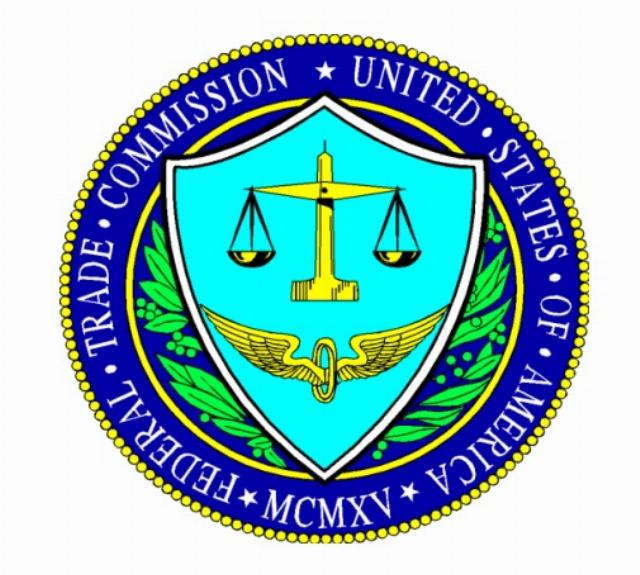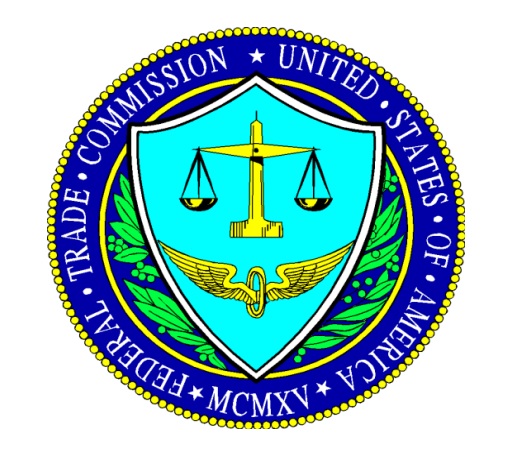

FTC
The investigatory authority of the FTC is too foundational to its mission and too fundamental to the well-being of the American public to be used in an ad hoc and political fashion.Out-of-pocket expenses for prescription drugs exceeded $91 billion in 2023, as reported in late July by the House Committee on Oversight and Accountability. This is a staggering but sadly unsurprising sum. The financial, physical, and emotional damage caused by a broken prescription drug market warrants the full use of the Federal Trade Commission’s extensive investigative authority and substantial expertise. However, the FTC’s recently released interim report on Pharmacy Benefit Managers (PBMs), the groups hired by employers and insurers to secure drug rebates and bulk pricing discounts, fell short of that standard.
The good news is that the FTC is aware of this problematic status quo. The bad news is that the FTC may have rushed its work by publishing an interim report in place of conducting a more thorough, expert-led report, as is its common practice.
Historically, FTC reports on various markets, as described by FTC commissioner Andrew Ferguson, “have provided Congress and the public with evidence-based, objective, and economically sound information that can shape the national debate on a wide range of important issues that affect consumers and competition.” So long as reports are compiled and shared in a manner that realizes that high bar, there is little reason to question the Commission’s investigatory efforts. In fact, the provision of reliable, thorough information is emblematic of the purpose of the FTC itself. As one senator summarized during legislative debate over the FTC Act: “[W]e [the Senate] want trained experts; we want precedents; we want a body of administrative law built up.”
Yet, a brief review of the FTC’s recently released report on PBMs exposes how this singular provision of the FTC Act can be a tool to expand the FTC’s political ends more so than a robust means of investigation.
The first sign of regulatory mischief is the timing of the report. Rather than wait to release a report at the culmination of the FTC’s exhaustive analysis of PBMs, the commission opted to publish an interim report. This is not only rare but also appears to have hindered the quality of the underlying report.
<img alt captext="FTC” class=”post-image-right” src=”https://conservativenewsbriefing.com/wp-content/uploads/2024/08/the-ftcs-regulatory-mischief.jpg” width=”375″>Both commissioners Melissa Holyoak and Ferguson questioned if this hasty decision to share the FTC’s findings came at the cost of quality. Ferguson correctly observed that interim reports are rare and for good reason — analysis of something as complex and societally important at PBMs Holyoak rightly pointed out that the commission has a “duty as a competition thought leader to generate reports that are rigorous and objective in tone.” The Commission cannot meet that duty if it is rushing to release information based on political considerations.
The FTC’s reliance on the subjective input of lay people rather than expert guidance marks the second sign of regulatory mischief. Public comments made up a meaningful part of the report. This might not pose a problem if those comments came from identifiable and reliable sources. Yet, as noted by Ferguson, many of them were submitted anonymously — preventing both the FTC and interested persons from evaluating the biases and backgrounds of those individuals. The inclusion of so many public comments also begs the question of whether this interim report was meant as a partisan policy document — attempting to elicit popular attention more so than to facilitate legislative debate.
The final sign of regulatory mischief comes from the tone of the report itself. Here, again, Holyoak’s analysis is on point. The commissioner flag’s the report’s excessive reliance on “ideologically loaded buzzwords such as ‘control’ and ‘power.’” She then warns that while such language “may stir emotions and make for entertaining social media posts and television interviews,” it is “no substitute for rational, evidence-based research.” What’s more, such language adds fuel to arguments that the FTC is no longer operating under “trained experts,” but rather is beholden to expert ideologues.
One interim report may not seem worthy of such regulatory concern. I would caution against such nonchalance. The FTC has been down the path of nearly unchecked expansion before — it took Congress pulling the commission’s funding before the FTC rediscovered its important but limited mandate. Given the significance of the FTC amid a burgeoning tech sector and heightened concerns about consumer protection it is essential that the FTC stick to the script — taking the time to produce expert analysis and resisting the temptation to provide fuel to partisan fires.
The investigatory authority of the FTC is too foundational to its mission and too fundamental to the well-being of the American public to be used in an ad hoc and political fashion. Congress and the American people need as much reliable, expert information as possible to ensure that critical markets are defined by fair play rather than turning consumers into fair prey.
Kevin Frazier is Assistant Professor of Law at St. Thomas University Benjamin L. Crump College of Law
Image: Federal Trade Commission





